Want to be helpful?
It's not as easy as you think.
The OACAS Youth for Change Steering Committee* shares 10 Tips on what real help looks like.
On Ontario Dress Purple Day, we raise awareness about the importance of a community that cares for kids. We all like to think that we are helpful. But true help is hard to find according to the Youth for Change Steering Committee at the OACAS. Here are 10 tips on what true help really looks like for a vulnerable youth.
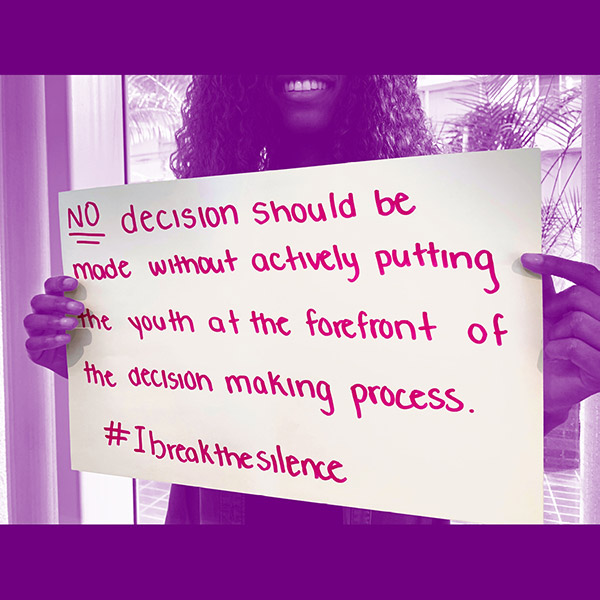
#1
If you sense that things might not be ok, be proactive and ask if everything is ok. Reach out formally but also reach out informally.
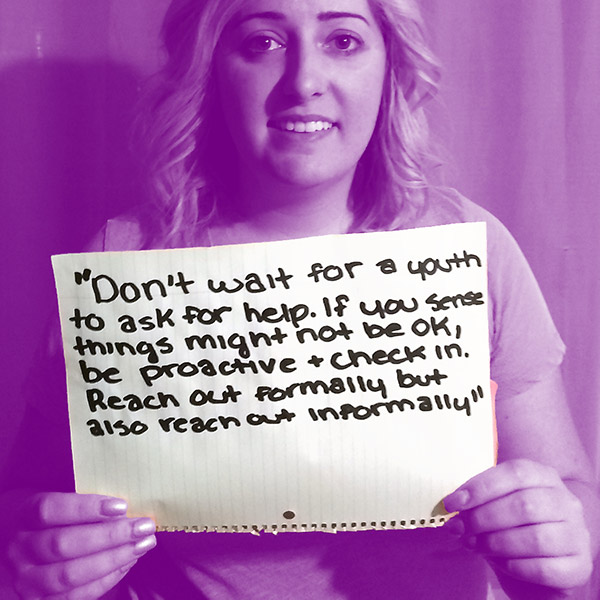
#2
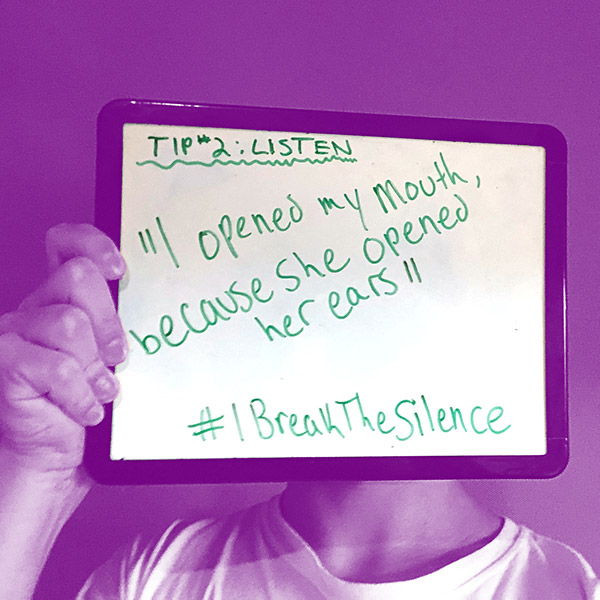
Listen to a youth who might need help - in a safe space. A place that doesn’t advertise the issues the youth is dealing with. Bring youth voices in as much as possible. No decisions should be made without actively listening to what youth want to do about their situation.
#3
Be present in the moment. Learn the subtle signs of abuse and neglect. Learn the subtle signs of a youth who is not doing well.
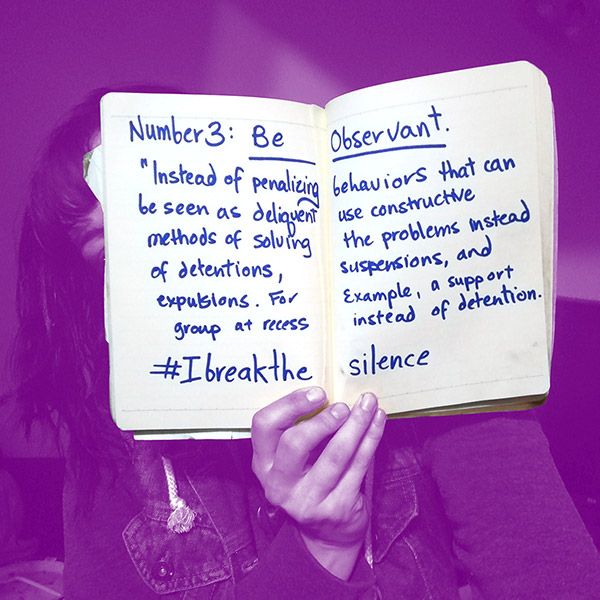
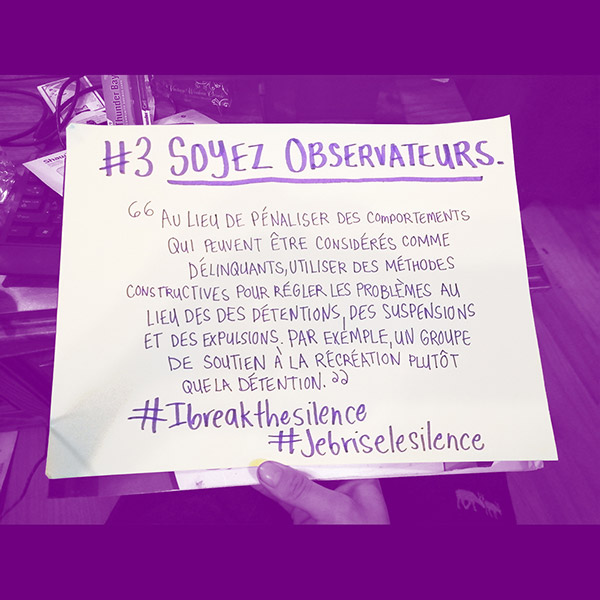
#4
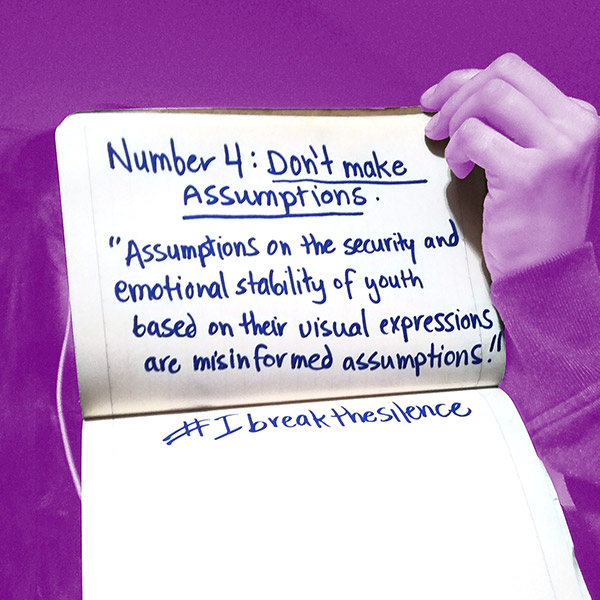
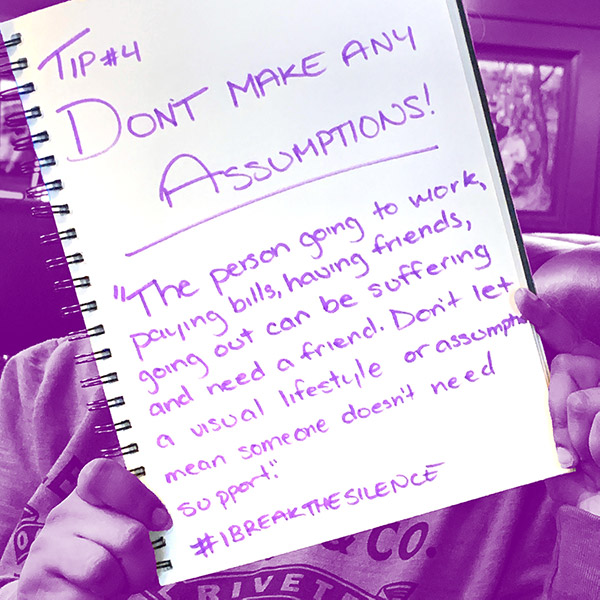
#5
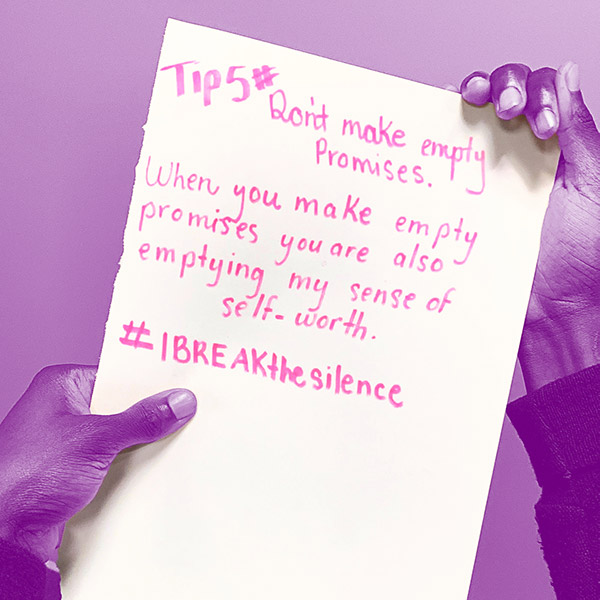
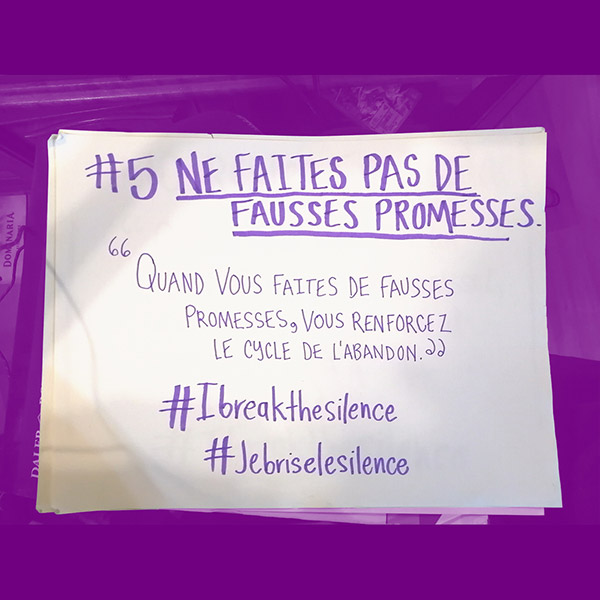
#6
Like your time and presence and advice on how to navigate an organization that you think will be helpful. Like access to you and your life. Like financial support.
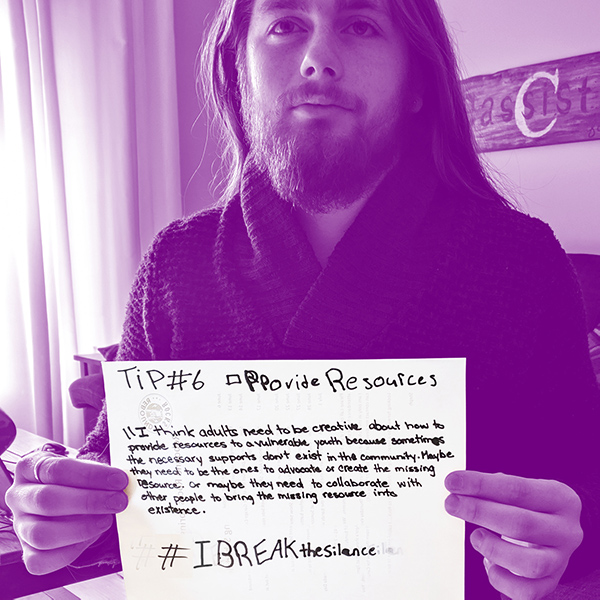
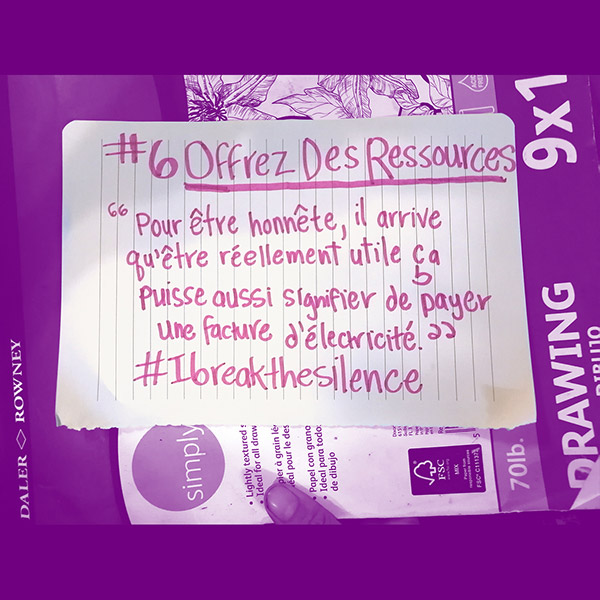
#7
Meet us where we are at. You can do this by having a conversation with us. Don’t decide not to get involved because the issue relates to a culture you don’t identify with. Remember that we might not have the same access to helpful networks that you do.
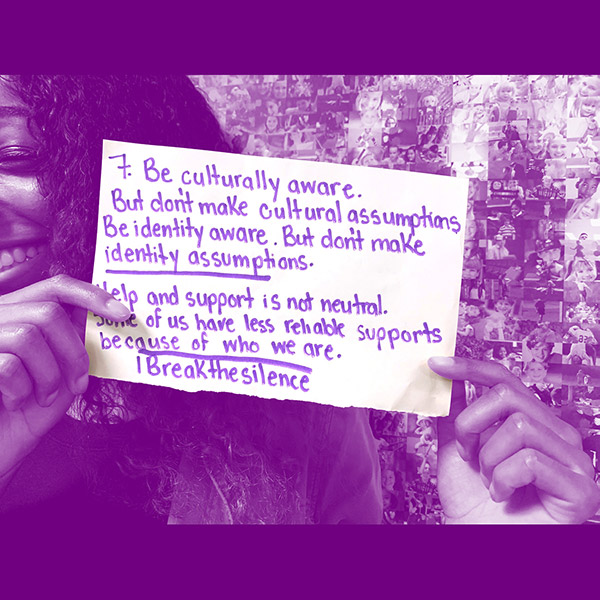
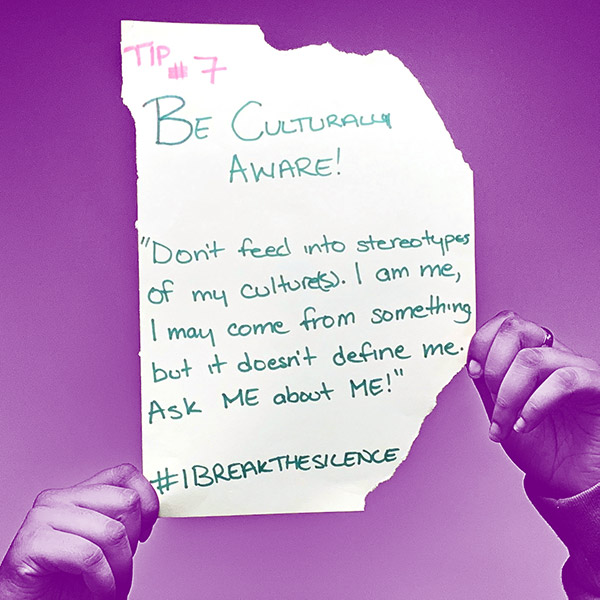
#8
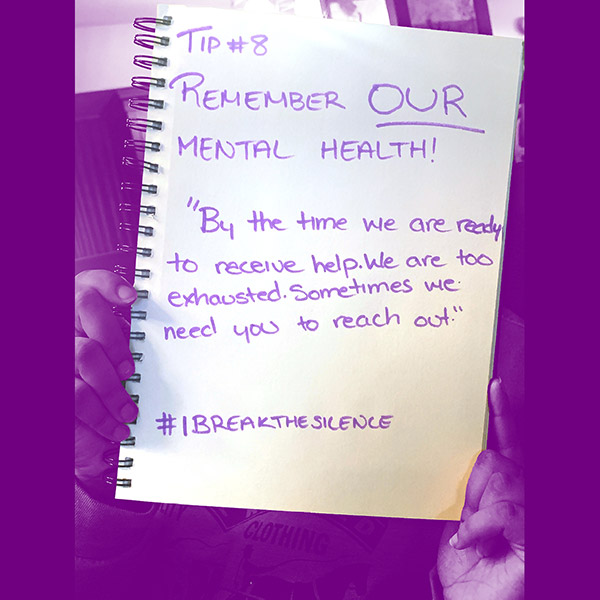
We struggle to overcome all the barriers that stand in our way to get the help we need. By the time we make a call to get the help we need we are exhausted.
#9
The power dynamic between an adult and a youth, and/or the power dynamic between a youth and an organization. Overcoming the power dynamic takes energy that we don’t always have.
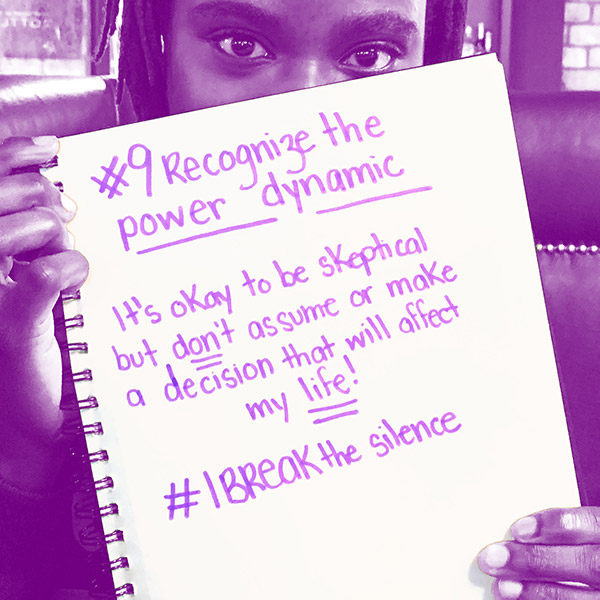
#10
Individual supportive connections mean a lot to us.
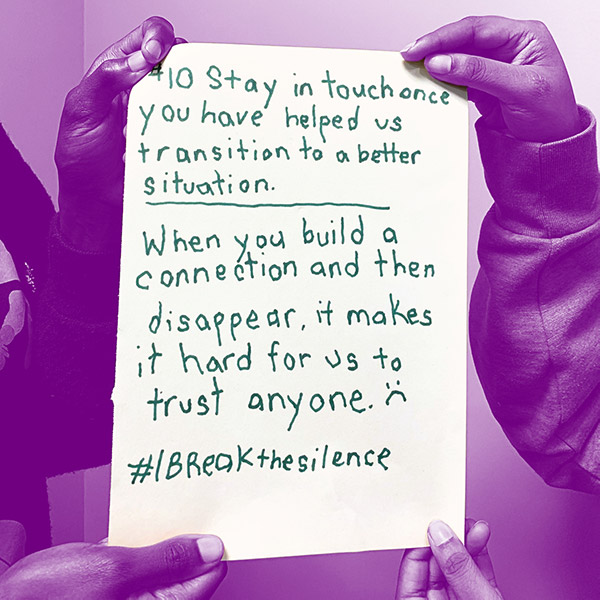
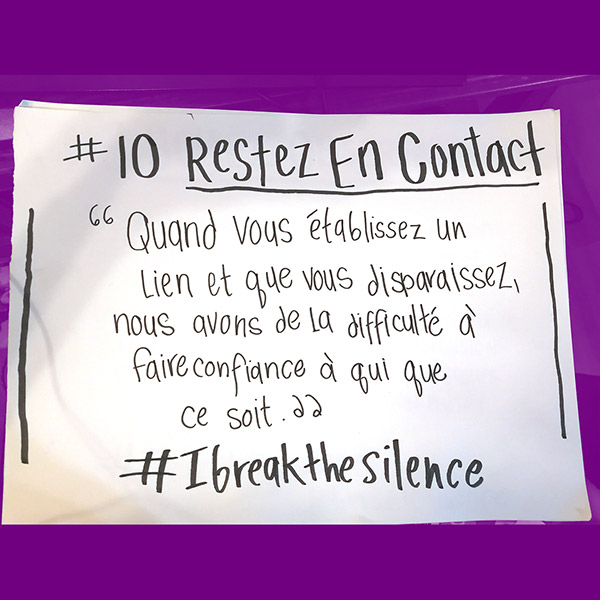
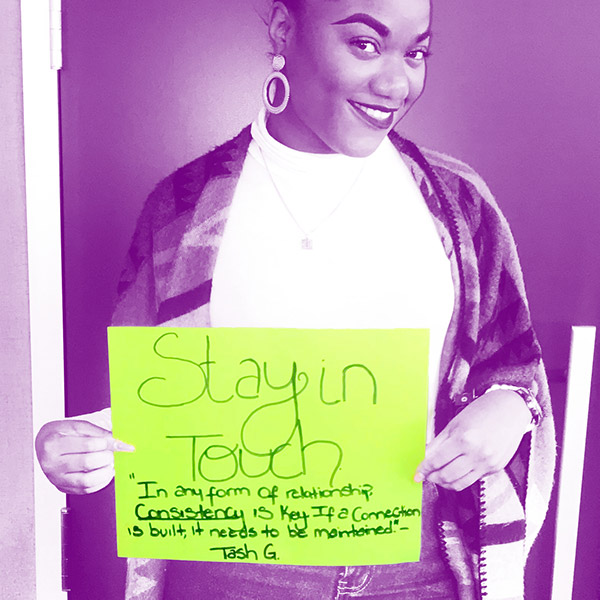
*The Youth for Change Steering Committee is comprised of youth from care from across Ontario who help advise OACAS on changes they would like to see for young people in and from the Ontario child welfare system related to advocacy, policy and programming changes.